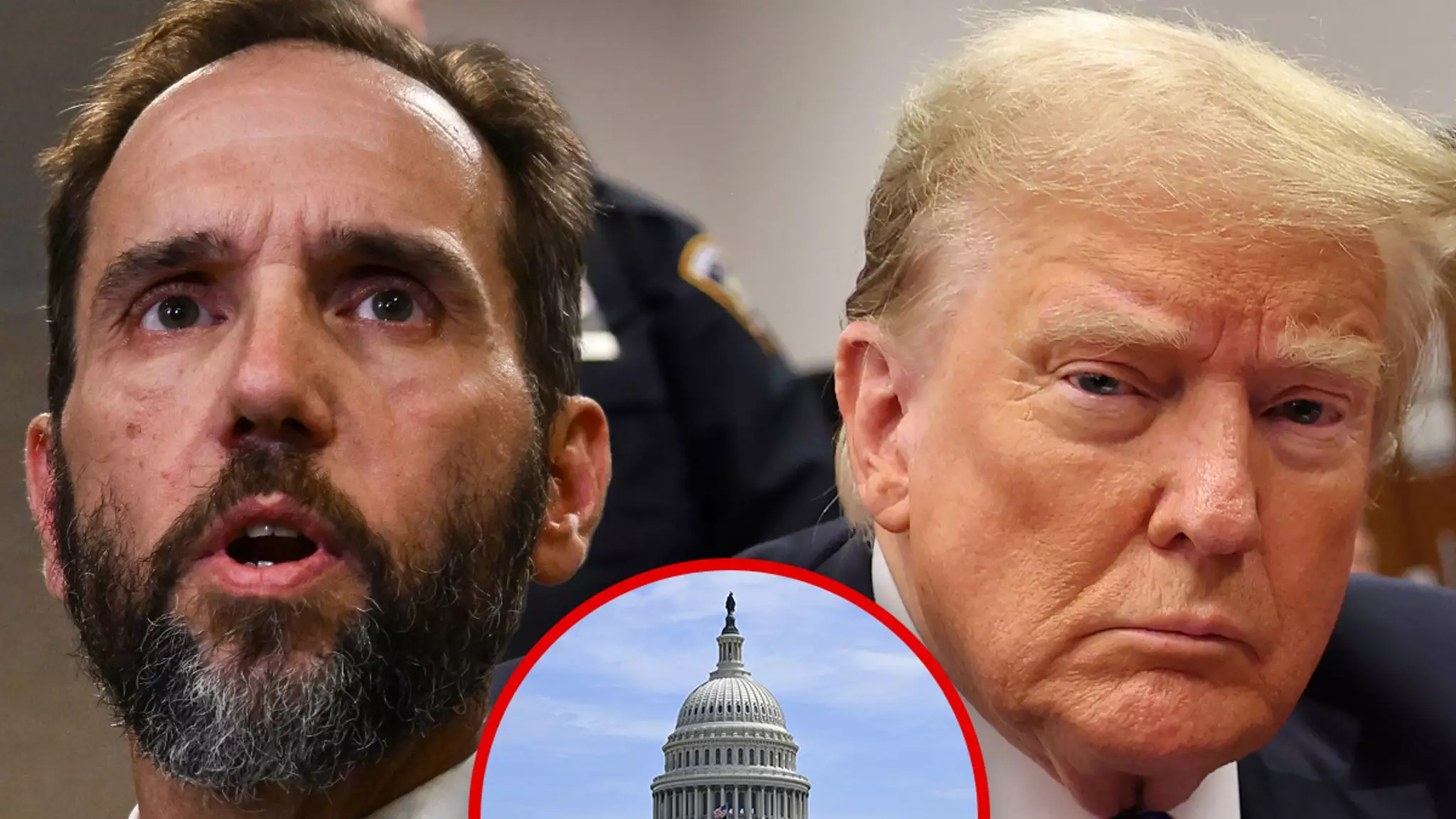In a notable legal maneuver, Special Counsel Jack Smith is advocating for the dismissal of federal election interference charges against President-elect Donald Trump that revolve around the events of the January 6th Capitol riot. This development, revealed through legal documents, underscores the complexities and intersections of law, politics, and presidential immunity, particularly in a highly charged political atmosphere. The intricate nature of this case highlights the often contentious relationship between the judicial system and the political landscape, especially as it pertains to actions of sitting or incoming presidents.
At the heart of Smith’s argument is a well-established policy within the U.S. Department of Justice, which asserts that a sitting president cannot be prosecuted. This long-held principle cites constitutional considerations that underscore the unique position of the presidency. In his argument, Smith delineates that while the government’s stance on the merits of Trump’s prosecution remains unchanged, the circumstances have shifted significantly due to the election outcome on November 5, 2024. With Trump set to be certified as President-elect on January 6, 2025, this transitional period raises pivotal questions about accountability and the interpretation of the law concerning high-ranking officials.
Trump had previously faced four serious felony charges associated with his alleged attempts to overturn the 2020 election results. These charges included conspiracy to defraud the United States and obstruction of an official proceeding, which are severe allegations with considerable legal ramifications. However, Trump’s defense strategy has rested significantly on the premise that a sitting president should not face prosecution, complicating the timing and practicality of the charges brought against him.
The implications of Smith’s request to dismiss the case without prejudice are significant. This legal phrasing leaves the door ajar for the possibility of refiling the case post-presidency, suggesting that the judicial system recognizes the ongoing tension between legal accountability and the unique status of the presidency. It raises an important debate about whether legal mechanisms should adapt to political realities or maintain a steadfast approach to accountability.
The interplay between law and politics in this scenario evokes broader discussions about the accountability of elected officials. As Trump prepares to take office again, the questions surrounding the legitimacy and implications of his previous actions come to the forefront. Legal experts and scholars may argue about the necessity of establishing clear boundaries regarding presidential conduct and the extent to which immunity should apply in such unique circumstances.
Moreover, this case can be viewed through the constitutional lens, challenging the foundational principles of democracy, wherein the rule of law must prevail over personal or political interests. It speaks volumes about the foundational pillar of accountability in a democratic framework, prompting discussions that resonate beyond mere legal specifications.
In essence, Jack Smith’s move to dismiss the case against Donald Trump, framed by deep-rooted Justice Department policies and overarching constitutional questions, signifies a pivotal moment in the intersection of law and politics. As the nation stands at the precipice of another presidential inauguration, the complexities surrounding Trump’s legal challenges serve not only as a point of contention but also as a critical reflection on the accountability that accompanies leadership in a democratic society. This evolving narrative invites ongoing scrutiny and debate, ensuring that the implications of this legal case will be felt long beyond the courtroom.

